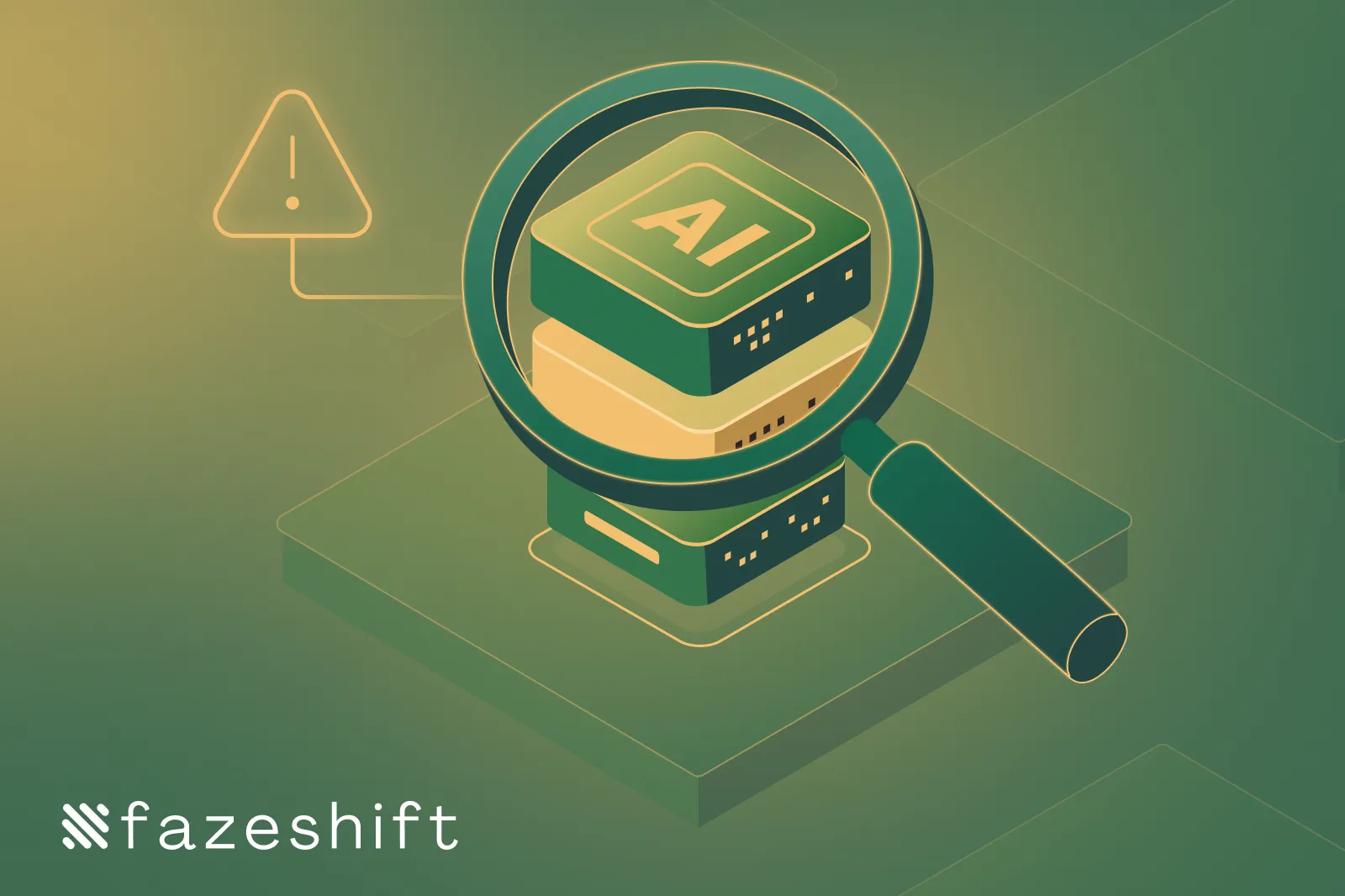AI Guardrails in Accounts Receivable Automation






Before you hand over your data to AI, it’s worth asking who’s learning from it and how safe it is.
It’s no secret that AI models need vast amounts of data to learn what kind of actions to take, when to take them, and what factors should be taken into account during the decision-making process.
If you’re thinking about using AI to automate your existing processes and workflows, it’s certainly fair to question whether customer data will be used by companies like OpenAI that build and train AI models used by the general public and software solutions alike.
In this blog post, we’ll explain how AI models learn and what AI security guarantees you can get from an accounts receivable process automation solution.

In theory, how AI agents work in accounts receivable automation is very similar to the way that AI models learn, except on a significantly larger scale.
Large language models, like the one that powers ChatGPT, ingest vast amounts of text data from an equally wide array of sources, including publicly available information on Google and other search engines.
All of this data is essentially used to recognize patterns in language and draw relationships from them. Over time, the large language models, or LLMs, become increasingly accurate at not just predicting the next word in a sentence but also writing an entire dissertation, based on all of the data that it has voraciously consumed and adjustments made to any actions taken.
All of this sounds pretty straightforward in theory, but there are still lingering concerns about what data can be used, where it can come from, where it should be stored, and who can access it, among other things.
When it comes to protecting your customer data, verbal assurances from a vendor can only go so far.
Asking for a zero retention policy is the best way to hold vendors accountable and can get some physical proof of their commitment to not train AI off of your customers’ data.
A zero retention policy is typically secured by software platforms from the LLM providers that they use, such as OpenAI.
Zero data retention policies, commonly known as ZDRs, are a physical pledge to not store customer data, let human reviewers for LLMs access it, or access any processed content — instead LLMs can only access metadata associated with requests, such as dates and confidence scores, which estimate how likely a model’s prediction for a request is correct.
With a ZDR in place, customer data is only used to carry out specific functions within a software platform.
For the record, Fazeshift has a zero data retention policy with OpenAI, our LLM provider of choice, to ensure that customer data is only used by AI agents to carry out specific tasks or processes for your team and isn’t used for broader training purposes — neither for other customers nor for the LLMs that help to power our AI agents.
As AI continues to evolve and integrate into everyday business processes, it’s more important than ever to scrutinize how your data is being handled.
While AI models rely on massive datasets to improve performance, that doesn't mean your customer data should be part of the training pool.
Verbal assurances aren’t enough — real data security comes from enforceable, transparent policies.
Asking your vendors for a zero data retention policy is the most effective way to protect your sensitive information and ensure that your data is only used to serve your specific business needs — not to train someone else’s AI.
At Fazeshift, we’ve made this commitment by partnering with OpenAI under a strict ZDR policy, and we encourage you to demand the same level of accountability from any AI-powered solution you consider.
Want to see how accounts receivable automation can work for your finance and accounting teams? Try Fazeshift and see how your accounts receivable team can do more in less time and drive impacts for your organization.
Eliminate manual bottlenecks, resolve aging invoices faster, and empower your team with AI-driven automation that’s designed for enterprise-scale accounts receivable challenges.

